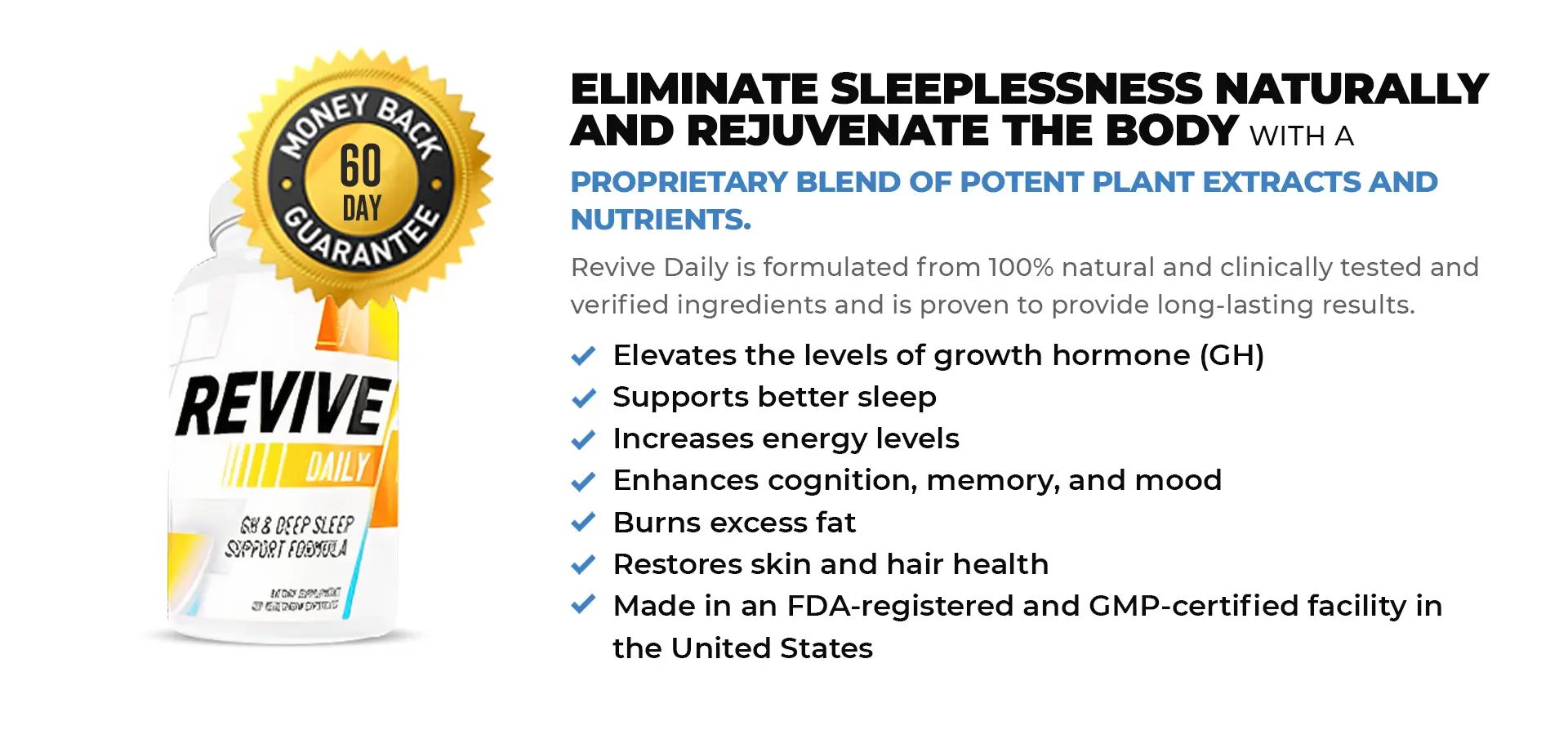Getting the most from healthy fruits and vegetables
Fruits and vegetables are among the healthiest of all foods, and the great variety of these foods at the local grocery store makes it easier than ever to enjoy great meals and snacks anytime the mood strikes you.
The latest food guidelines recommend that adults eat from five to nine servings of fruits and vegetables every day. While that may seem like a lot, it is an important goal to strive for and a very reachable one.
A serving of a fruit or vegetable is equal to:
- 1 medium-sized vegetable or fruit (such as an apple, orange, or banana)
- 2 small fruits (such as kiwi fruit or plums)
- ½ cup of fresh, frozen, or canned fruits or vegetables
- ½ cup of 100% fruit juice
- ¼ cup of dried fruit
- 1 cup of green salad
Eating a diet that is rich in fruits and vegetables is a great way to start a healthier lifestyle. Diets high in fruits and vegetables have been shown to reduce the risk of heart disease, diabetes, stroke, and even some kinds of cancer. Diets high in fruits and vegetables are also important in maintaining a healthy weight.
Types And Levels Of Nutrients
Since different varieties of fruits and vegetables contain different types and levels of nutrients, it is important to reach a good variety of fruits and vegetables. Eating a good combination of yellow, orange, red, and green fruits and vegetables is a great way to ensure adequate levels of nutrition.
Fruits and vegetables are also important sources of fiber. One way to maximize the amount of fiber you get from fruits and vegetables is to eat the entire fruit and vegetable including the edible peel. Eating fruits and vegetables whole, instead of simply drinking fruit juice, is the best way to enjoy the fiber these foods have to offer. Orange juice may be very healthy, but it does not contain the same amount of fiber as a whole orange.
Getting sufficient fiber in the diet offers a great many health benefits, including aiding in digestion, lowering levels of cholesterol in the blood, reducing the risk of heart disease and stroke, and reducing the chances of some forms of cancer. In addition, fiber is thought to play an important role in controlling levels of blood sugar in diabetics. Fiber also helps dieters feel full while limiting the number of calories they consume.
Many people wonder if canned and frozen fruits and vegetables are as healthy and nutritious as fresh varieties. The simple answer to this question is yes. Canned and frozen fruits and vegetables contain just as many vitamins and minerals as their fresh counterparts, so it is fine to replace fresh fruits and vegetables with canned and frozen varieties when fresh ones are not available.
Fresh fruits and vegetables are often less expensive, however, especially when they are in season. In addition, local farmers’ markets and produce stands are often great sources of the freshest, most delicious fruits and vegetables at excellent prices.
How vegetables and fruits are prepared is just as important as how they are chosen. It is important to rinse fresh fruit and vegetables thoroughly under clean running water. This step is important in order to remove any dirt, pesticide residue, or bacterial contamination. The outermost leaves of lettuce and cabbage should be removed, and the outside of root vegetables like carrots and potatoes should be removed, especially if you plan to consume the skins of those vegetables. Vegetables and fruits should be washed right before they are used in order to keep them as fresh as possible.
The best ways to cook vegetables in order to maintain their freshness are to boil, microwave, or steam the veggies until they are tender and crisp. It is best to use as little water as possible when cooking vegetables. That is because overcooking can destroy some of the valuable vitamins and minerals the vegetables contain.
DISCLAIMER:
This information is not presented by a medical practitioner and is for educational and informational purposes only. The content is not intended to be a substitute for professional medical advice, diagnosis, or treatment. Always seek the advice of your physician or other qualified healthcare providers with any questions you may have regarding a medical condition. Never disregard professional medical advice or delay in seeking it because of something you have read.
Since natural and/or dietary supplements are not FDA-approved they must be accompanied by a two-part disclaimer on the product label: that the statement has not been evaluated by FDA and that the product is not intended to “diagnose, treat, cure or prevent any disease.”





